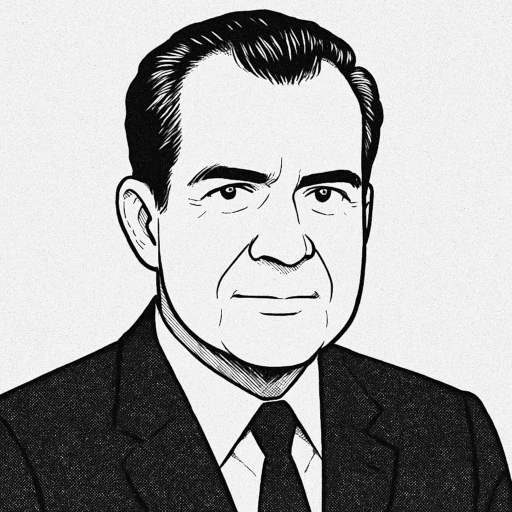“Unless a president can protect the privacy of the advice he gets, he cannot get the advice he needs.”

- January 9, 1913 – April 22, 1994
- American
- The 37th President of the United States, Lawyer, Politician
table of contents
Quote
“Unless a president can protect the privacy of the advice he gets, he cannot get the advice he needs.”
Explanation
This quote expresses Richard Nixon’s belief in the necessity of confidential counsel for effective presidential decision-making. The emphasis on “protect the privacy of the advice” reflects a concern that without secrecy and trust, advisors may hesitate to speak candidly, ultimately impairing the quality of leadership. Nixon is asserting that transparency has limits in executive governance, and that a shielded advisory process is essential for navigating complex or sensitive issues.
This perspective was a cornerstone of Nixon’s broader philosophy on executive privilege and presidential authority, especially during the Watergate scandal. He argued that White House conversations should remain protected to preserve the integrity of presidential deliberations. However, critics saw this stance as a justification for secrecy and potential abuse of power, especially as the Supreme Court ultimately ruled against him in United States v. Nixon (1974), compelling him to release the White House tapes.
In modern governance, the tension between transparency and confidentiality continues to shape debates about public accountability. This quote remains significant in discussions about national security, whistleblowing, and the limits of executive privilege. It raises enduring questions: How much privacy should leaders be afforded? And at what point does protecting advice become shielding wrongdoing? Nixon’s view underscores the delicate balance between openness and discretion at the highest levels of power.
Would you like to share your impressions or related stories about this quote in the comments section?

